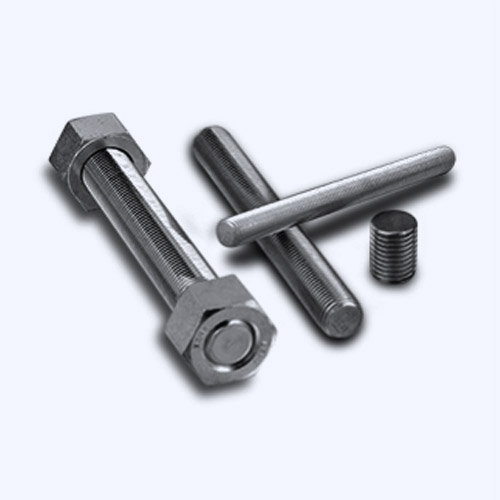Dec . 12, 2024 10:36 Back to list
gi foundation bolt
Understanding GI Foundation Bolts A Comprehensive Guide
When it comes to construction and engineering, the importance of strong and reliable foundation elements cannot be overstated. Among the myriad of components that ensure structural integrity, foundation bolts play a pivotal role. This article delves into the specific category of foundation bolts known as GI (Galvanized Iron) foundation bolts, examining their significance, applications, and benefits.
What are GI Foundation Bolts?
GI foundation bolts are steel bolts that have been coated with zinc to protect against corrosion and wear. The term GI stands for Galvanized Iron, indicating the material's primary composition and its processing method. Galvanization involves coating the iron or steel with zinc to enhance its durability and lifespan, particularly in environments that may expose the metal to moisture, chemicals, or other corrosive elements.
Foundation bolts connect structural elements to concrete foundations, providing stability and strength to a wide array of constructions, from buildings and bridges to transmission towers and scaffolding. Their design generally features a threaded end to accommodate nuts and washers, allowing for secure fastening.
Applications of GI Foundation Bolts
GI foundation bolts are used in various construction projects, thanks to their durability and corrosion resistance. Their primary applications include
1. Residential and Commercial Buildings These bolts anchor wooden and steel frames to concrete, ensuring that the entire structure remains stable during adverse weather conditions.
2. Bridges and Overpasses The immense weight and dynamic loads on bridges necessitate robust anchoring systems. GI foundation bolts provide the necessary support for bridge structures.
3. Industrial Equipment Heavy machinery and equipment often require anchoring to prevent movement and vibrations that could lead to operational failures.
4. Transmission Towers Given their exposure to outdoor elements, towers benefit significantly from the corrosion resistance afforded by galvanized bolts.
5. Signage and Light Poles Street light poles and large signage structures also rely on these bolts for stability and safety.
Advantages of Using GI Foundation Bolts
gi foundation bolt

The adoption of GI foundation bolts offers a multitude of benefits that enhance both the construction process and the longevity of structures.
1. Corrosion Resistance One of the most compelling advantages of GI foundation bolts is their resistance to rust and corrosion. This property stems from the zinc coating, which acts as a barrier against moisture and harsh environmental conditions.
2. Longevity Due to their durability, GI foundation bolts have an extended lifespan compared to non-galvanized alternatives. This reduced need for replacement can lead to significant cost savings over time.
3. Load-Bearing Capacity These bolts are designed to withstand substantial loads, making them suitable for high-stress applications. Their strong tensile properties ensure that they maintain their integrity under pressure.
4. Ease of Installation With their standardized sizes and threading, GI foundation bolts simplify the installation process. This compatibility with various components allows for faster assembly and less downtime on construction sites.
5. Cost-Effectiveness Although the initial investment in GI foundation bolts may be higher than that of untreated bolts, their durability and low maintenance needs make them a cost-effective solution in the long run.
Considerations When Using GI Foundation Bolts
While GI foundation bolts offer numerous advantages, several factors should be considered during their selection and installation
- Environmental Conditions Ensure that the galvanized coating is appropriate for the specific environmental conditions, especially if exposed to harsh chemicals or saline environments.
- Correct Sizing Choosing the correct size and length of bolts is crucial for the stability and safety of the construction.
- Quality Standards Always source GI foundation bolts from reputable manufacturers to ensure compliance with quality standards and certifications.
Conclusion
GI foundation bolts are indispensable components in modern construction, offering strength, durability, and corrosion resistance. Whether for residential buildings or large infrastructure projects, their ability to secure foundations effectively plays a crucial role in ensuring structural integrity. By understanding their applications and advantages, builders and engineers can make informed choices that enhance the safety and longevity of their projects. As we continue to innovate and expand our building techniques, GI foundation bolts will remain a cornerstone of reliable construction practices.


